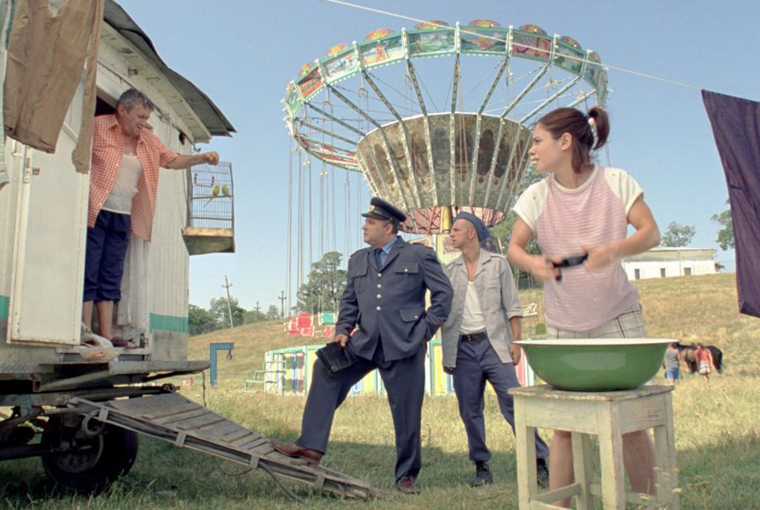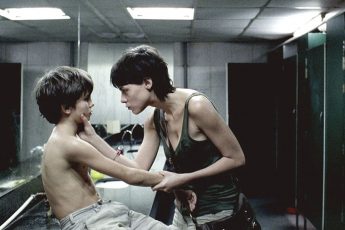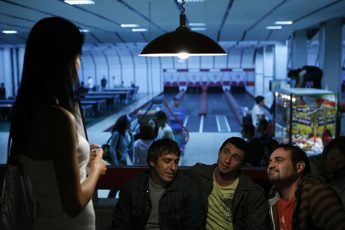
Our 2011 focus on Romania is slowly coming to an end. Above, you can gain access to a selection of our coverage that started with the launch of our website in January. This year’s highlights from Romania were Adrian Situaru’s Best Intentions that took home two awards at the Locarno Film Festival Festival, and Catalin Mitulescu’s Loverboy that screened in the Un certain Regard section in Cannes. Also, major Romanian’s films from 2010 began circulating internationnally, most notably Cristi Puiu’s highly complex Aurora, Andrej Ujica’s controversial The Autobiography of Nicolae Ceausescu, and, finally, the atmospheric relationship drama Tuesday After Christmas by Radu Muntean. Next year EEFB’s focus will turn to the Balkans. Compared to the 90s, where films by Kusturica, Dragojević and Mančevski attracted attention internationally, today, films from the Balkan stear less curiosity. Considering this underrepresentation and the fact that the region has radically changed in the past two decades, we want to look out for new films interested in a more contemporary portrayal of the region. Meanwhile, we conclude our focus on Romanian cinema with five recent films. Ana Ribeiro was at the Romanian Film Festival in Toulouse last month where she saw Periferic by Bogdan Apetri, Europolis by Cornel Gheorghita, and First of All, Felicia by Melissa de Raaf and Razvan Radulescu. Konstanty Kuzma examines Radu Muntean’s Boogie in the light of Arthur Schnitzler’s Dream Novel. Alina Popescu saw Metrobranding and Victoria and interviewed its directors Ana Vlad and Adi Voicu. In addition, Colette de Castro addresses the question of guilt in 4 Months, 3 Weeks, 2 Days, while Ana Ribeiro gives an analysis of Tales from the Golden Age. Finally, in our Retrospecitves section, you will also find an article from Moritz Pfeifer on Kaljo Kiisk’s The Vagabond that screened at the Estonian Film Festival in Paris, as well an essay by Patricia Bass on Walerian Borowczyk’s experimental short Angel’s Games from 1964.




Leave a Comment